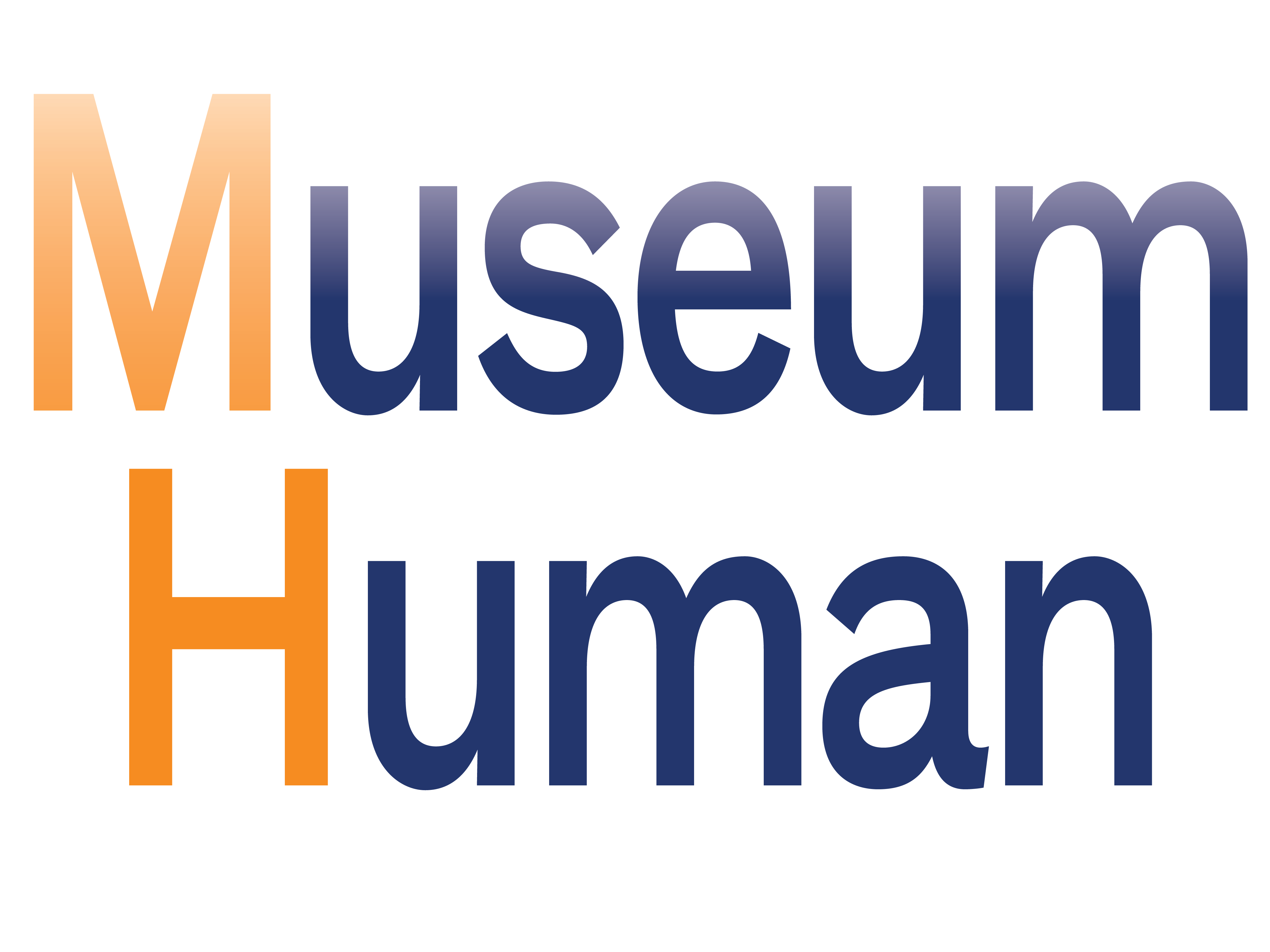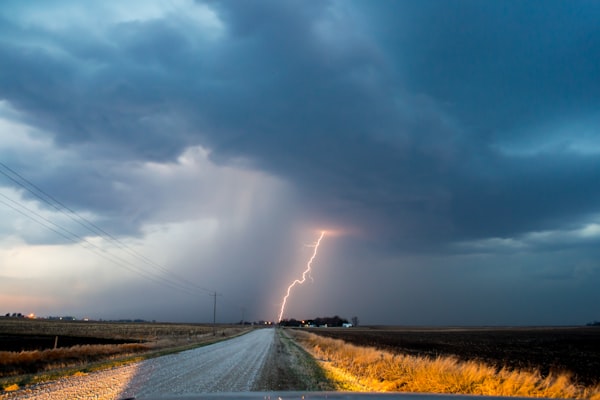Can museums engage with climate realism so that it's not all up to their workers to do so?
If you're reading this and not a subscriber to Museum Human, consider scrolling to the bottom and signing up now—it's free and is the only way to read the site's longer weekly post on the organizational culture of cultural organizations.
First, just a short follow-up link from Harvard Business Review on the topic of boundaries, the subject of Tuesday's Museum Human post.
When you've just finished Hannah Arendt's The Origins of Totalitarianism and can note the signs of dangerous movements that can be a preview of later terror, it's hard to objectively find signs of hope and action in the museum field. (Check out my post-election pieces, "Museums in an Age of Redux" from last year and "A Year of Shattered Expectations" from 2016. If you want other post-election and economic links, read the Guardian, Umair Haque on Medium, Jared A. Brock on Medium, The Hill, Truthout here [also here and here], and the Atlantic here.)
And now, onto the climate, which I first wrote about at length last year as part of our three crises, then added this piece on collapse back in September. Here's a whole lotta links, starting with what the museum field is doing:
- MuseumNext's website had a post about how museums can be sustainable. It's worthwhile reading with a helpful list of the basic questions that workers should be asking.
- Also from MuseumNext, young climate protesters are taking on institutional links with fossil fuels—Europe has a long history of protests of industrial sponsorships of museum exhibitions, as detailed in chapter 6 of the book Museum Activism.
- Here are two articles from the Art Newspaper, here and here.
- Museums Journal had a roundup of COP26.
- The podcast This Week in Art had an episode on COP26.
- Keep checking Twitter for more on museums and the climate collapse. Some museum organizations, like Climate Museum UK, have been working on this for a long time.
- Bloomberg might have some hopeful news about the US and China agreeing to … talk. Baby steps? But many conference resolutions are already being watered down.
- There just may not be the political will to do anything, since collapsing societies don't see it coming, and climate and societal collapse will be worse than we can imagine.
- Truthout always has excellent radical writing on climate, energy, and justice; read this piece on the Maine election, the US infrastructure bill, the fate of climate provisions in the US budget bill, and Puerto Ricans fighting private-capital-driven climate colonization.
- For elites, and the museum field is filled with them, it's important to ask who will be doing the sacrificing in the name of reversing the climate collapse, as this Boston Review piece asks. The writer investigates the lack of local, non-elite support for expanding giant rural wind farms:
My search for people willing to endure the costs and forgo the benefits of turbines for the sake of the common, planetary good only partly failed. I did not find anyone willing to undertake that sacrifice, but I also discovered that [the village]’s wind farms do not serve the common good. Occasionally people asked me, “Why, if these turbines are producing clean energy, is the oil refinery in Algeciras still polluting our air?” Though the question conflated different uses of energy, it contained an essential truth. Rather than replacing fossil fuels, wind farms are supplementing them. Spain’s nuclear plants, which also worry the villagers, continue splitting atoms almost at an even clip. At best, renewables hold pollution to a steady stream. This is the global story of wind and solar power. In 2012 every 10 megawatts of renewably generated electricity displaced at most 1 megawatt derived from fossil fuels. Meanwhile, panels and blades illuminate empty rooms, cool half-empty fridges, and otherwise fuel high-energy, wasteful lifestyles. Certainly, electric companies—in just about any jurisdiction—do not want people to buy fewer megawatts.
- The Guardian writes about resources for workers in the transition to a green economy, and here about Gen Z climate activists who are speaking up for a generation seeing increasing climate-driven anxiety and depression.
- Continuing with youth and climate activism, here are more pieces from Truthout about young activists demanding the declaration of a global emergency and dismissal of COP26 and climate summits by Greta Thunberg.
- Also from Truthout, this article really speaks the truth about white elite environmentalism, while this piece decries the technology fetishism on display at elite events. Both of these are important reads for museum professionals.
- The Guardian writes about indigenous activists at COP26 and the global climate movement.
- Here's more from the Guardian on the climate-killing effects of capitalism.
- This piece from Medium discusses the dangerous climate narrative from hyper-wealthy elites.
- Another Medium article mentions how we're participating, in denial, in our own annihilation.
- Vox has articles on buying less this holiday in light of supply chain issues and how our economic model is practically designed to destroy the climate.
- In Medium, Bryan Alexander has an interview on the climate with sci-fi "policy wonk" Kim Stanley Robinson.
Finally, there's less than a week to fill out the brief Museum Human survey on the status of your hybrid/remote work!
If you're reading this and not a subscriber to Museum Human, consider signing up for a free subscription below—it's the only way to read the site's longer weekly post on the organizational culture of cultural organizations. Thank you for reading!
cover photo by NOAA / Unsplash [description: a bolt of lightning from a dark purple sky on a road up ahead]

Links of the Week: November 12, 2021: COP Out? by Robert J Weisberg is licensed under a Creative Commons Attribution-NonCommercial-ShareAlike 4.0 International License.








